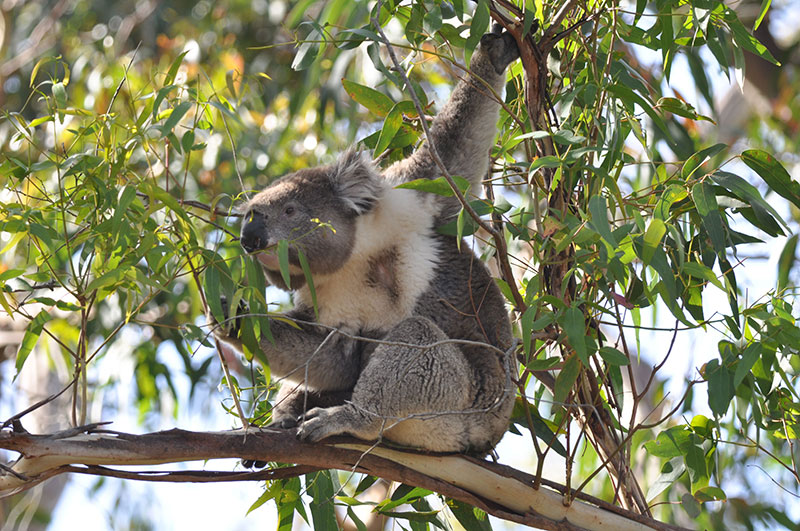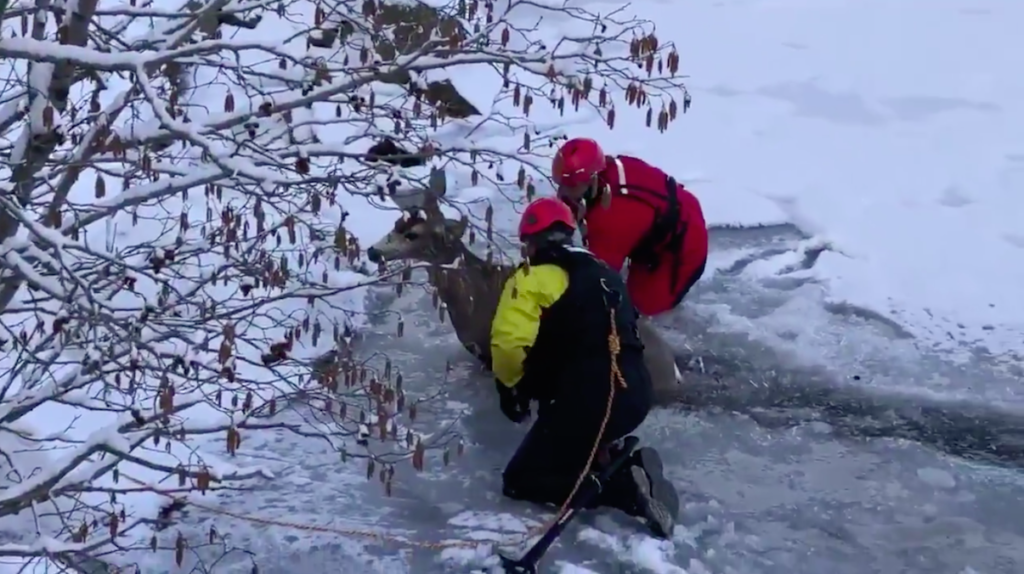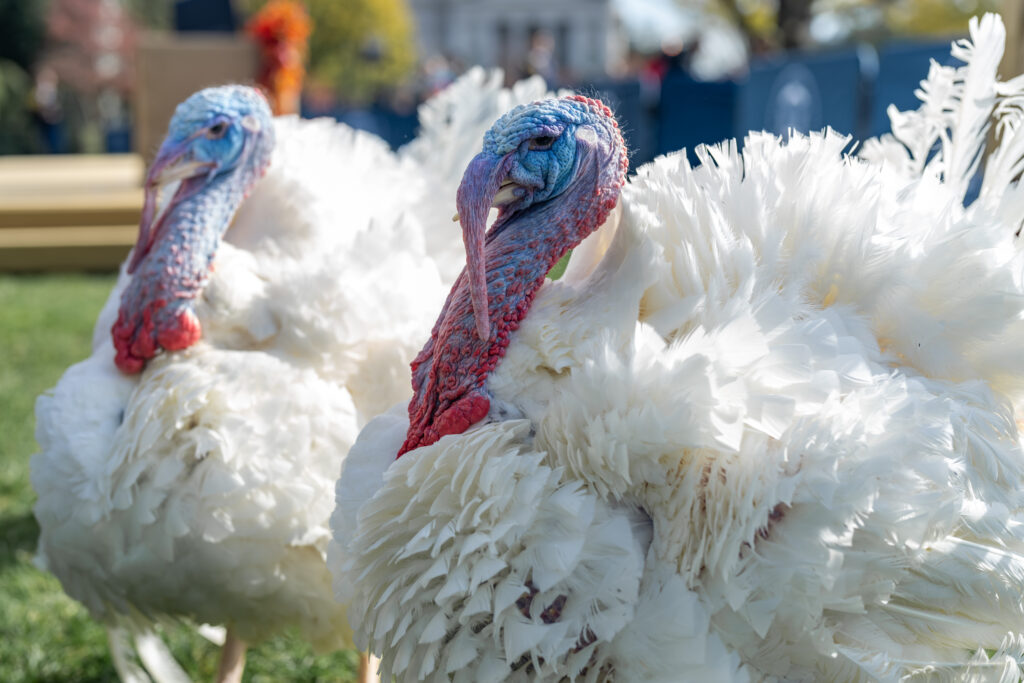Koalas are picky eaters.
They’re very selective about the species and the individual trees where they eat. They eat only eucalypt leaves. The problem is that with constant human development, the main source of diet for koalas are under threat.
In some regions, koalas may only feed on one specific species of eucalypt, where as in other regions their diet is more diverse and they may browse on several species.
To digest eucalypt leaves, koalas rely on the help of bacteria in their digestive systems that help them to break down the tough, nutrient-poor leaves of their preferred tree species.
In new research underway at Western Sydney University, scientists, led by Dr. Ben Moore, are looking into microbes may help koalas deal with the tannins present in eucalypts and help them cope with changes in the chemistry of the plants they eat.
This research will use the latest technology in sequencing and genetic analysis to compile a database of the types of bacteria present in koalas’ digestive systems…
In some situations, koalas are moved into new areas to rebuild local populations and to manage their impact on environments in which they have built up large numbers.
Koalas are also sometimes administered with antibiotics to help them cope with common bacterial illnesses like chlamydia. These antibiotics can ensure that koalas overcome illness but they also affect the microbes in the gut which may then impact on the animals’ ability to obtain sufficient nutrients from its food.

On occasion, fecal transplants are used to recolonize antibiotic-treated koalas with cultures of gut bacteria and microbes from healthy koalas so that a more suitable gut microbial community is re-established. However, the effectiveness of these treatments and best practices for establishing what is accepted as a ‘successful’ microbial culture is subject to debate.
A complicating factor is that many gut bacteria in koalas are difficult to culture outside of the digestive system, so this research will use the latest technology in sequencing and genetic analysis to compile a database of the types of bacteria present and their genetic functions so that we can understand the connection between food types, bacterial communities and koalas’ health.
Dr Ben Moore and collaborators from universities, government and industry will determine how koalas’ microbial communities change in response to different types of food, changes in the environment and over time and in response to chemical changes in the major eucalypts that provide food for koalas.
The research team will collect leaf and fecal samples from diverse and distinct areas to assess how variation in feeding patterns affects the composition of microbes in koalas’ digestive systems.
The research is aimed at figuring out how to manage koala populations in the wild to prevent over or under-population in stressful changing environmental conditions.
The research will provide a collaborative understanding of the very unique interactions between Australia’s eucalypts, the koalas that feed on them, and how the living biome of microbes in their digestive systems influences koalas’ ability to consume Eucalypts as food.
Feature Photo credit: Dr. Ben Moore




